The Biden administration’s recent rejection of the proposed Ambler Road is a major victory for Alaska’s wilderness, signaling a commitment to protecting the Brooks Range and respecting the traditional practices of more than 30 Alaska Native communities. This controversial 211-mile road would have cut through a biodiverse landscape, crossing 11 rivers and thousands of streams, to support mining operations in the Ambler district. However, the Interior Department’s final supplemental environmental impact statement (FSEIS) found that the road would cause significant and irreversible damage to the environment and Indigenous communities.

The proposed road posed a threat not only to wildlife habitats but also to the social and cultural fabric of the region. It would have disrupted traditional subsistence practices critical to the survival and cultural continuity of Alaska Native villages, many of which have thrived in this area for thousands of years. Indigenous leaders were at the forefront of the opposition, emphasizing how the road could disrupt caribou migration and pollute key salmon spawning grounds.
Chief Brian Ridley, chairman of the Tanana Chiefs Conference, hailed the decision as “a monumental step forward in the fight for Indigenous rights and environmental justice.” This victory is the result of tireless efforts by the Defend the Brooks Range Coalition, a group of Indigenous communities, conservationists, and environmental organizations united to protect this region. The Biden administration’s “No Action” decision sets a precedent for respecting Indigenous voices and prioritizing environmental justice.
A key factor in the success of this campaign was a collaborative approach that emphasized listening to the voices of those directly impacted by the project. As one coalition member explained, “When folks in the villages made it clear that the Defend the Brooks Range messaging wasn’t really resonating with them, we pivoted to focus on content that was more relevant to their concerns and what was being shared out through smaller activist groups like Protect the Kobuk and No Ambler Road.” The coalition’s goal was to highlight the impact on communities and their relationship with the land.
Alaska Conservation Foundation proudly supported a grant to coalition members that helped celebrate the win via strategically placed thank-you advertisements. This prominent display of public appreciation for the Biden Administration’s action helps set a positive precedent for protecting Alaska’s lands, waters, and ways of life for upcoming conservation decisions across the state.
We encourage you to join us in celebrating this incredible win. If you’d like to show your support, please take a moment to thank President Biden, Secretary of the Interior Deb Haaland, and Bureau of Land Management Director Tracy Stone-Manning for their commitment to Indigenous rights and environmental justice here.


